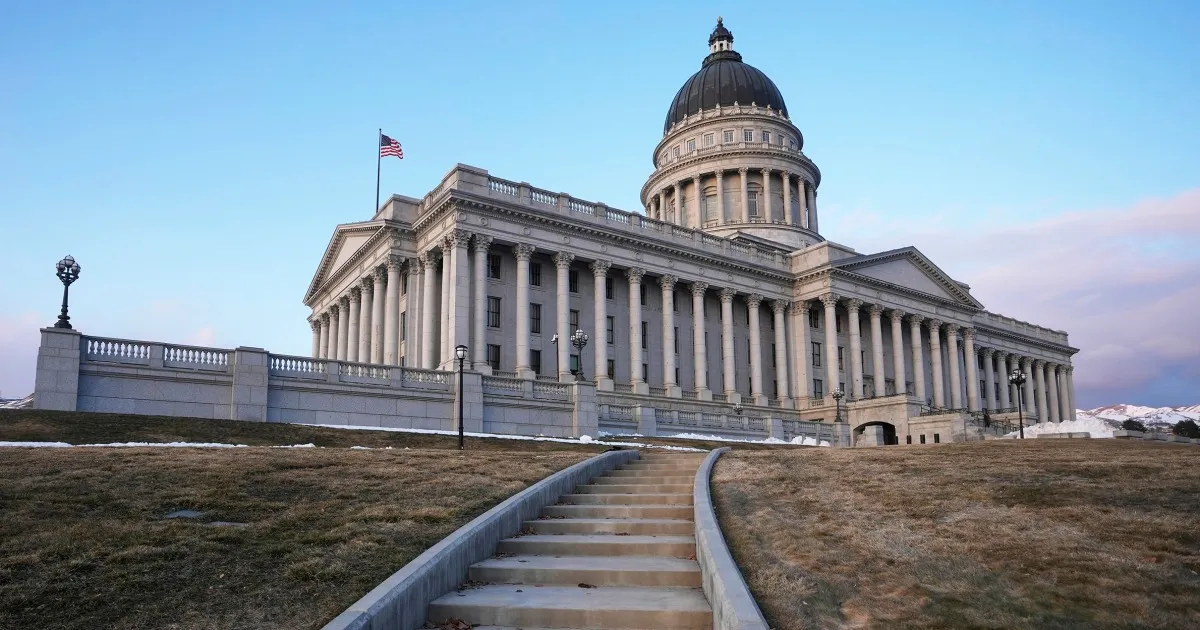
A Utah judge delivered a significant ruling late Monday night, rejecting the new congressional district lines drawn by Republican state lawmakers and instead approving a map that favors a solidly Democratic seat ahead of the upcoming midterm elections in 2024. This decision marks a substantial setback for Republicans, who had meticulously designed a map intended to safeguard the state’s all-GOP congressional delegation. Simultaneously, it provides a critical boost for Democrats as they strategize to counter Republican-led redistricting efforts nationwide and aim to regain control of the House in 2026.
The court-ordered map, which was favored by the plaintiffs in the case, was selected by Utah District Court Judge Dianna Gibson, who found that the map proposed by Republican lawmakers was influenced by political data, constituting gerrymandering in their favor. The rejected map had initially proposed four districts that leaned Republican, although two were deemed more competitive than the current configuration. In contrast, Judge Gibson's approved map includes a Democratic-leaning district situated in northern Salt Lake County, which is approximately 43% Republican according to court filings.
This ruling is the latest chapter in a prolonged legal battle surrounding Utah’s anti-gerrymandering rules, which have been a contentious issue for years, predating the current national redistricting race. In 2018, Utah voters narrowly passed a ballot initiative that established an independent redistricting commission tasked with recommending congressional maps and embedding anti-gerrymandering regulations into state law. However, the GOP-controlled Legislature has sought to undermine these changes by weakening the commission and disregarding its proposed maps following the 2020 census.
Advocacy groups, including the League of Women Voters of Utah and Mormon Women for Ethical Government, filed legal challenges asserting that Republican lawmakers were engaging in gerrymandering, thus violating state law. The district court sided with the plaintiffs, mandating the Legislature to draft a new congressional map. The timing of the court's ruling was crucial, as it came just before state election officials were set to begin preparations for the primary elections scheduled for the following Tuesday.
In response to the ruling, Republicans have indicated intentions to pursue a ballot initiative aimed at overturning the anti-gerrymandering measure that voters enacted in 2018. Notably, Utah and Ohio are the only two states mandated to redraw their congressional maps this year. However, they are not alone in this redistricting endeavor; states like Texas, Missouri, and North Carolina have also enacted new maps to bolster the GOP’s narrow majority in the U.S. House, following appeals from former President Donald Trump. Conversely, last week, California voters approved a new map designed to potentially secure up to five additional House seats for Democrats, while Virginia Democrats initiated steps toward a mid-decade redistricting effort.
The ongoing redistricting landscape illustrates the political maneuvering at play across the country, as both Republican and Democratic-led states consider strategies to reshape their congressional maps in preparation for the forthcoming election cycles.